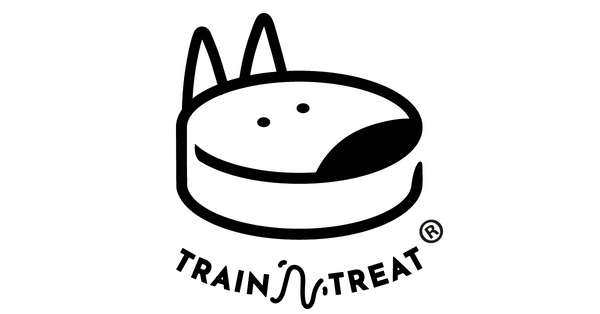
Puppy Potty Training: A Complete Guide for New Dog Owners
Share
Bringing a new puppy home is an exciting experience, but it also comes with its challenges—one of the biggest being potty training. Teaching your puppy where and when to relieve themselves is a crucial first step in their development and will help prevent future messes in your home. With the right approach, patience, and consistency, potty training your puppy can be successful and stress-free. Here's how to get started.
When to Start Potty Training Your Puppy?
Puppy potty training should start as soon as you bring your new furry friend home, usually between 8-12 weeks of age. Young puppies have small bladders and will need to relieve themselves frequently—sometimes every 2-3 hours. While it may take several months for your puppy to become fully house-trained, establishing good habits early on will set them up for success.
Creating a Routine
Routine is key when it comes to puppy potty training. Take your puppy outside first thing in the morning, after meals, after naps, and before bedtime. Regular potty breaks help your puppy understand that outside is where they should go. Choose a specific spot in the yard, as this will help your puppy associate the area with bathroom time.
Positive Reinforcement
 Positive reinforcement is one of the most effective training methods for puppies. When your puppy goes potty outside, reward them immediately with praise and treats. This positive association will encourage them to repeat the behavior. It's essential to reward your puppy right after they relieve themselves, as they may not connect the reward to the action if there's a delay.
Positive reinforcement is one of the most effective training methods for puppies. When your puppy goes potty outside, reward them immediately with praise and treats. This positive association will encourage them to repeat the behavior. It's essential to reward your puppy right after they relieve themselves, as they may not connect the reward to the action if there's a delay.
Handling Accidents
Accidents will happen during the training process, especially with young puppies. When they occur, avoid punishment, as this can create fear and anxiety. Instead, calmly clean up the mess and continue the training process. If you catch your puppy in the act, quickly but gently move them to their designated potty area outside.
Conclusion
Potty training your puppy takes time, patience, and consistency. By establishing a routine, using positive reinforcement, and handling accidents calmly, your puppy will gradually learn the right behavior. Remember that every puppy learns at their own pace, so stay patient and celebrate the small victories along the way. With time and dedication, your puppy will be well on their way to becoming a fully house-trained member of your family.
Remember to keep the Train'N'Treat dispenser always with you when you do the potty training with your dog.
***Available also at Amazon.com
